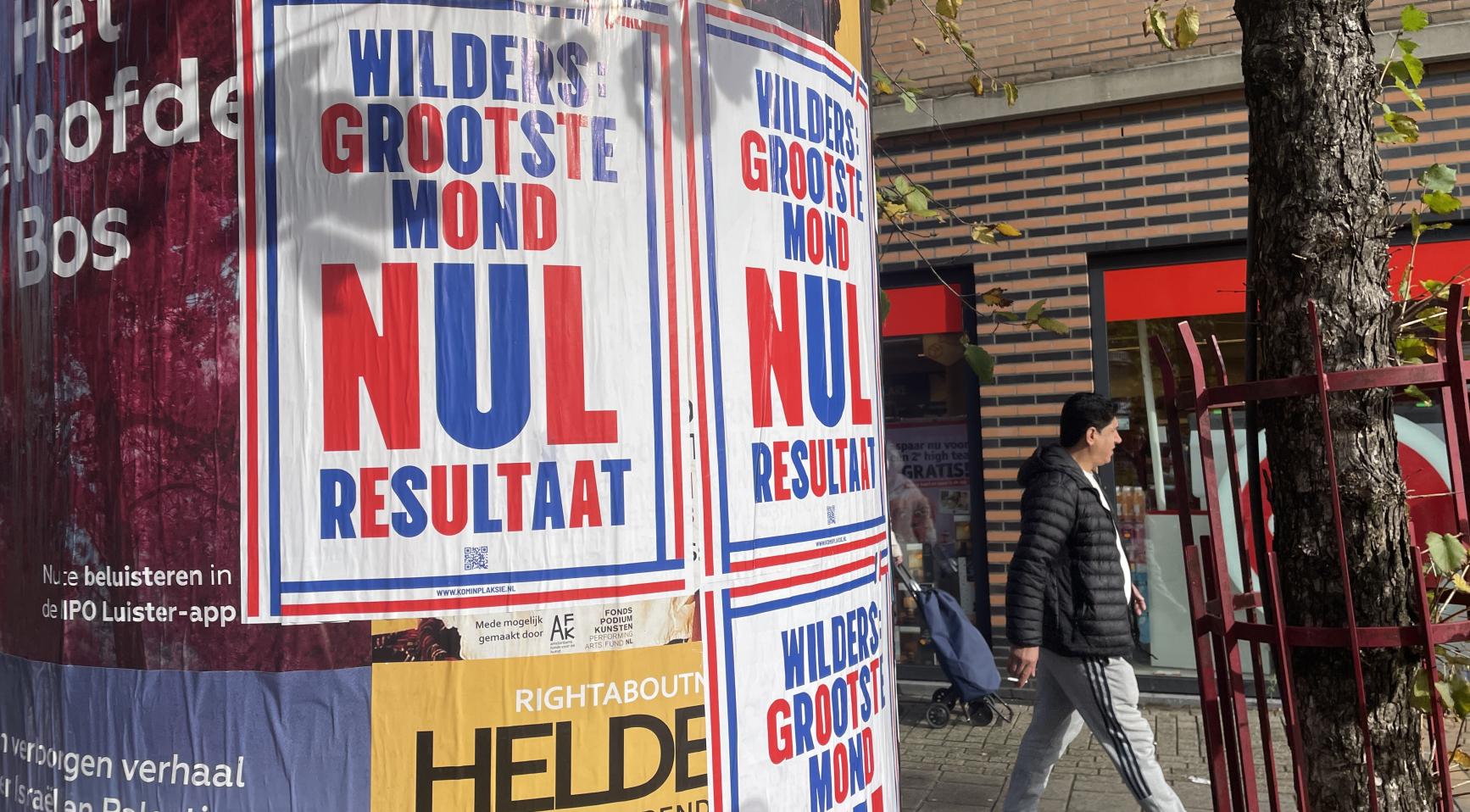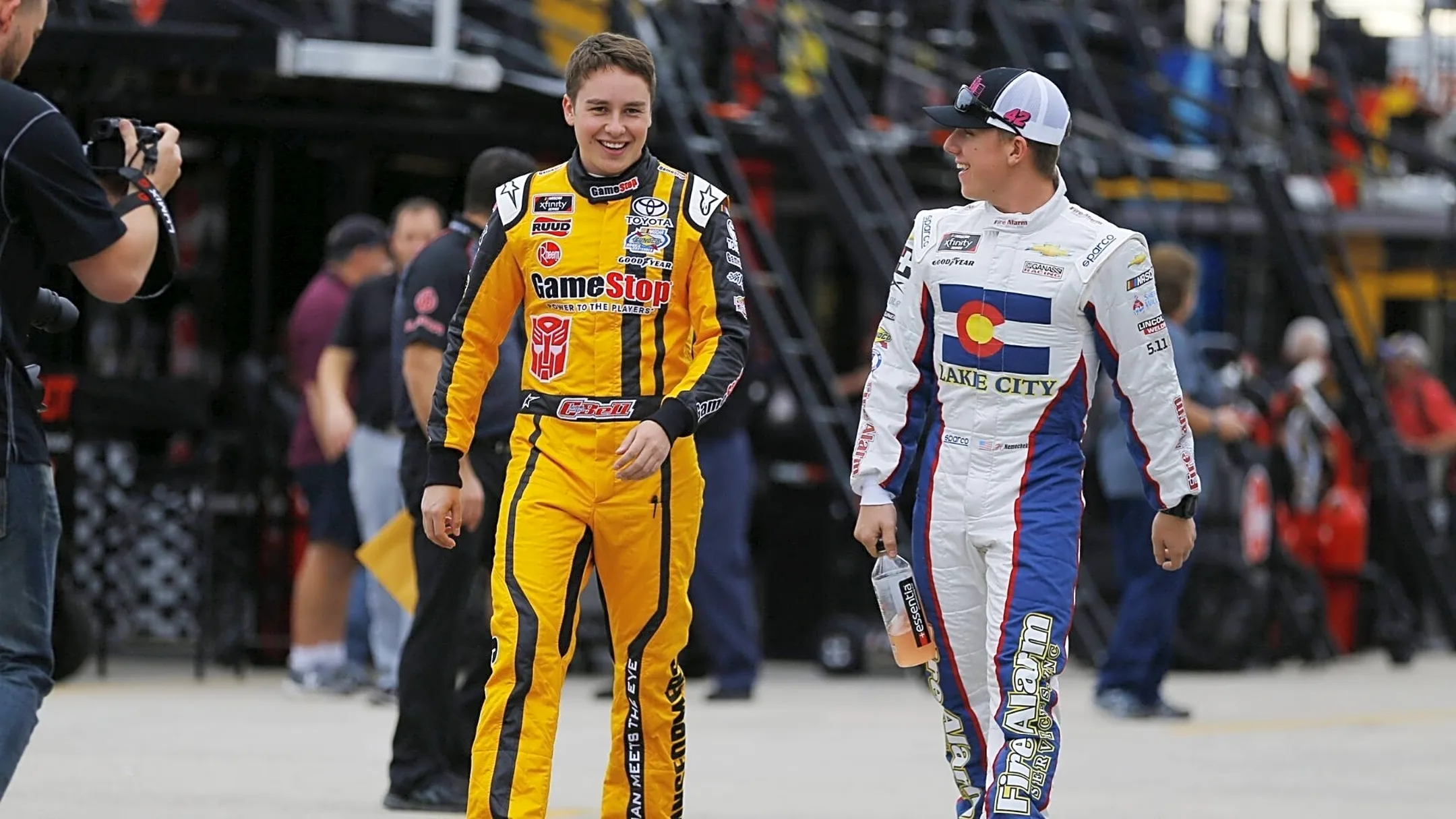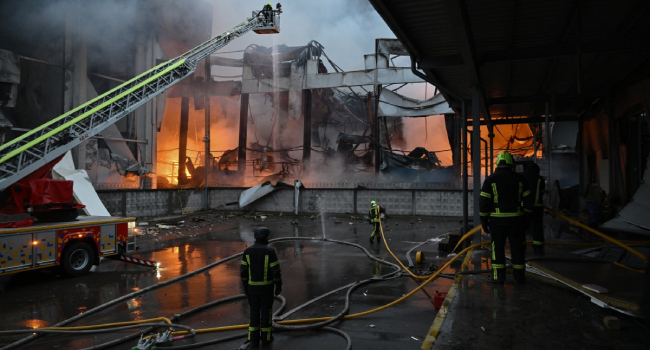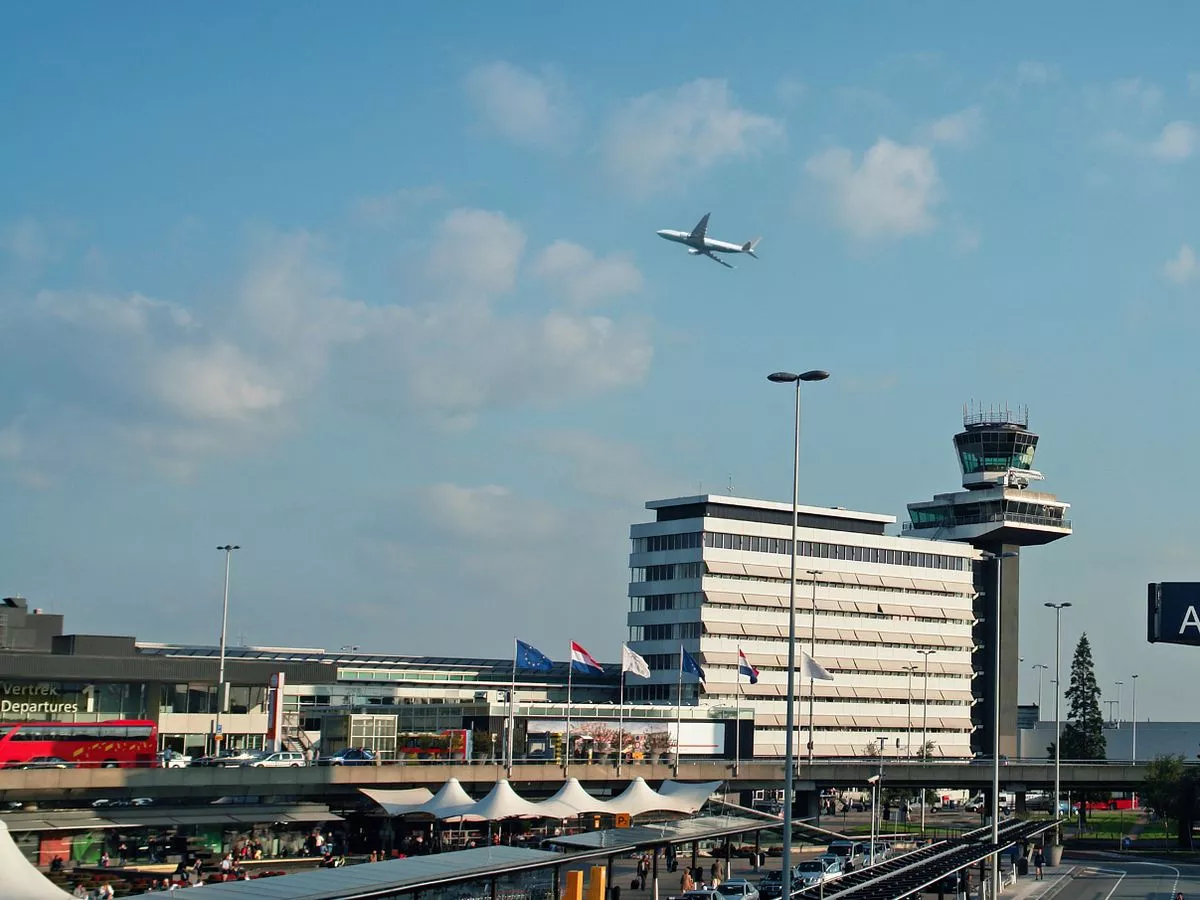Copyright nltimes

The two final political polls released ahead of the election in the Netherlands on Wednesday both show a stunning decline in support for far-right political party PVV, which is currently the largest party in the Tweede Kamer, the lower house of Parliament. The PVV, led by founder Geert Wilders, took 37 of the 150 seats during the election two years ago, but is likely to retain 23 seats or 29 seats, the two polls showed. That puts left-wing opposition GroenLinks-PvdA and center-left D66 both nearly even with the far-right nationalist. The three parties were virtually tied in the final Ipsos I&O poll released on Tuesday, though some 39 percent still indicated they were undecided. All three parties were projected to secure 23 seats. For the PVV, that was down from 26 compared to the voter survey this past weekend. The center-right CDA and right-wing incumbent coalition party VVD were also among the top five, and running fairly close to their rivals. The CDA was projected to take 19 seats, which would be a stunning return to power after holding just five seats following the previous elections. The fall in support for the VVD and party leader Dilan Yeşilgoz-Zegerius was still likely. They are projected to hold 17 seats, where they currently have 24 members of parliament in the Tweede Kamer. The BBB has seen a slight recovery, moving from 4 seats in the last poll up to 5 seats, which would still be a continuation of the right-wing farmer party's precipitous decline following their debut in the provincial elections in the spring of 2023. The written-off seniors' party, 50Plus, could also score three seats, while last election's shock newcomer, NSC, might hold one seat. Initially a part of Prime Minister Dick Schoof's coalition, the NSC came away from the last Tweede Kamer election with 20 parliamentarians. Smaller parties show little change since the last poll. Meanwhile, the final poll from news magazine broadcast show EenVandaag and research firm Verian showed significant losses for the PVV. Though they predict the PVV will remain the largest party, Wilders' faction fell five seats compared to a week ago, settling in at 29, the poll showed. Trailing the PVV, both GroenLinks-PvdA and D66 were nearly level. The left-wing alliance between the Greens and Labour had them steady at 25 seats, while D66 surged from 8 seats to 24. The CDA saw a fall in support from 23 to 19 seats, amid criticism of party leader Henri Bontenbol. The Christian party leader's stance indicated his support for allowing religious schools backed by public funds to discriminate against gay and lesbian students. The VVD gained some lost ground. They moved up from the last poll, increasing their support from 15 to 16 parliamentarians, if the elections were held today. The far-right party JA21 suffered significant losses in the EenVandaag/Verian poll, falling from 12 to 8 seats. Extreme right party Forum voor Democratie showed an unexpected climb from 4 to 6 seats, where they currently have three MPs in the Tweede Kamer. The remaining smaller parties of under 10 seats polled roughly the same as a week ago. Gains could be linked to several issues within the PVV. Wilders was criticized for an uncharacteristically lackluster performance during Monday night's debate in which he was notably less quick-witted compared to other points in his career. His party was also embroiled in two scandals in recent days. PVV parliamentarians Maike Boon and Patrick Crijns were caught posting violent AI-generated images of GroenLinks-PvdA leader Frans Timmermans, and an apparent PVV supporter also defaced campaign material in Veendam, including spray-painted scribbles and swastikas. Ipsos I&O uses margins of error ranging from one seat for smaller parties to three seats for larger ones. For example, the number of seats for a larger party like GL-PvdA could be the addition or loss of three MPs. Moreover, the Ipsos I&O researchers also note in this final poll that it reflects current conditions and should not be interpreted as a prediction of the outcome. Projected MPs per party based on final surveys before 2025 Tweede Kamer election



